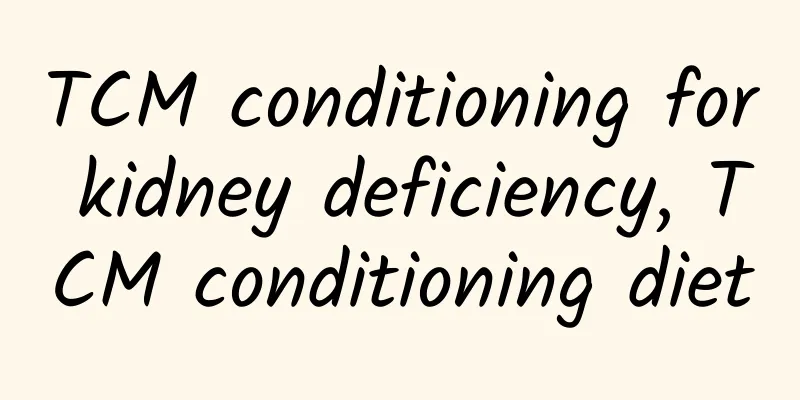What antibiotics are used for streptococci?

|
Bacteria are a type of microorganism that is widely present in the biological world. People cannot see the existence of bacteria with the naked eye, but there are many bacteria in the human body. If the bacteria continue to grow, divide and reproduce, they will cause diseases in the human body. If Streptococcus continues to multiply in the human body, it will cause people to suffer from certain diseases. At this time, antibiotics are needed to inhibit streptococci. Let's take a look at what antibiotics are used for streptococci. In addition to being related to the body's reduced defense capabilities, the occurrence of allergic reactions, and the number of infected bacteria, streptococcal disease is also closely related to the toxins and enzymes it produces. What medicine is used for strep throat infection Post-streptococcal glomerulonephritis, also known as acute glomerulonephritis (acute nephritis for short), is a group of diseases with acute onset and clinical features such as hematuria, proteinuria, oliguria, hypertension, edema and even azotemia. What medicine is used for strep throat? During the acute phase, patients should rest in bed, be given easily digestible food, and receive symptomatic treatment such as infusion when necessary. The most important thing is to give sufficient antibacterial drugs immediately. Penicillin is the first choice. Those who are allergic to penicillin can use erythromycin or lincomycin instead. For patients with neonatal meningitis, large doses of penicillin or ampicillin have better therapeutic effects. Regardless of which drug is chosen, the course of treatment should not be less than 10 days. Clinical manifestations 1. History of upper respiratory tract or skin infection 2 to 3 weeks before the onset of illness. Such as pharyngitis, tonsillitis, and impetigo. 2. Systemic manifestations such as fatigue, anorexia, nausea, vomiting, low back pain and headache. 3. Hematuria and proteinuria: The urine is dark like meat washing water, with mild to moderate proteinuria. 4. Oliguria and edema. Urine volume may be less than 400ml/d. Eyelids are swollen in the morning, and the face is pale, showing a "nephritis face". In severe cases, the whole body is affected. In the early stage, the depression under finger pressure is not obvious. 5. Transient mild to moderate hypertension. 6. In severe cases, symptoms such as acute left heart failure, encephalopathy and acute renal failure may appear in the early stages. |
<<: Chronic gonococcal prostatitis
>>: How to test for group b streptococcus
Recommend
What causes swollen hands and feet in the morning?
If you find any abnormality in your body when you...
Can Radix Astragali cure frequent urination?
Urgent and frequent urination is a very painful t...
Causes of dizziness in young people
There are many reasons for dizziness, such as com...
Indirect percussion
Indirect percussion is a common physical examinat...
Life expectancy after heart stent surgery, postoperative attention is critical
Heart stent surgery is an advanced medical techno...
Can loose teeth be extracted?
When teeth are loose, we need to consider the spe...
The harm of automatic heating knee pads
Often working outdoors in cold weather can cause ...
Can I eat Chinese medicine after keeping it in the refrigerator for 10 days?
Many people think that putting Chinese herbal med...
Maximum dosage of Bupleurum
Bupleurum is a very common Chinese herbal medicin...
Swelling of thumb
The thumb plays a very important role among the f...
Swelling of the root of the tooth during lactation
When a woman is breastfeeding, she needs to take c...
Sciatica after miscarriage
Miscarriage is a symptom that occurs in the body ...
What is mrc orthodontics
MRC orthodontics is a system that combines comput...
What does armpit odor smell like?
Armpit odor, also known as body odor, is a very a...
What to do if your eyes are burned by electric welding? Emergency treatment methods
Anyone who has seen electric welding work knows t...









